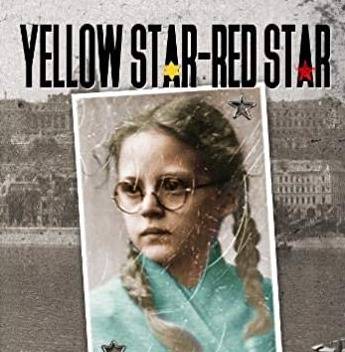
What, you might wonder, is the connection between an episode of Dr Who and a hero of the Indian independence struggle, executed by the British in 1909? Leena Dhingra, the author of Exhumation, joins the dots for us. As a character actor, she played the role of a 90-year-old Indian woman in an episode in which the Doctor time travels to 17 August 1947, the day when the Radcliffe Line was arbitrarily drawn across the face of India, releasing bloodshed and untold misery. Moved by the parallels between her character’s story and her own memories of Partition, which split India from Pakistan, Leena resolved to do some time travelling of her own.
The result is Exhumation, which takes the reader back to 1909, when Leena’s great uncle, Madan Lal Dhingra, shot Sir Curzon Wyllie, personal assistant to the Secretary of State for India, point blank in the face, and paid for it with his life. The book weaves a double-stranded narrative, following the life and death of Madan Lal along with the author’s own journey. Her uncle’s fight for an independent India ends in Partition – the creation of Pakistan as a homeland for Muslims – and displacement for the young Leena. The Dhingra family were part of the Indian elite and felt deeply compromised by Madan Lal, whose actions were anything but heroic for them. Thus, Exhumation is both a historical biography and a family memoir.
Madan Lal’s remains were returned to a hero’s welcome in India in 1976. Leena sees parallels between this exhumation and the act of digging up buried truths in the telling of her own story. The resulting book, however, is arguably more reclamation than exhumation, as it helps Leena find a foothold on this earth, and a reconnection with India.
Traces of right-wing Hindu ideology
There are darker aspects to how that past now resonates. A fellow anti-imperialist revolutionary, friend and mentor of Madan Lal’s, V. D. Savarkar, went on to develop the concept of Hindutva, an exclusivist philosophy that conflates Indian identity with Hindu identity, and has now been adopted by the ultra-nationalist Prime Minister Narendra Modi. We look for traces of the right-wing Hindu ideologue in this sketch of Savarkar as a young man.
Leena has done a brilliant job in reimagining the history of Madan Lal’s times, the fervour of the young Indian students in London and the conservatism of his wealthy family. Yet bringing her uncle to life seems to have been a challenge. This may be down to his character, as, by all accounts, Madan Lal was a reticent man. Even at his trial, having decided to represent himself, he remains tight-lipped, asking for the statement he had prepared in advance of the shooting to be read out (he had planned to turn the gun on himself after killing Wyllie, but ran out of bullets). The statement, which was in his pocket, had been “disappeared” by the authorities in a typical example of the British stage-managing the trial. The only words that he uttered in court himself were: ‘‘I do not acknowledge the authority of the court. You can pass sentence of death on me. You white people are all powerful now, but we shall have our turn in time to come.”
Exhumation keeps us in suspense, hoping that Madan Lal’s original statement will be found. Leena finally reproduces an article from the Daily News, which published the statement in full but declined to say how it got hold of it. However, it is also disappointingly short, at 216 words, and not particularly revelatory of Madan Lal, the man. “The only lesson required in India today,” it says, “is to learn how to die and the only way to teach it is by dying ourselves; therefore I die and glory in my martyrdom.” We learn that Churchill quoted these words with admiration as the finest ever made in the name of patriotism.
Madan Lal is today commemorated as a martyr in the state of Punjab, as well as here in Britain by the Indian Workers Association. But we still know little about him, and Exhumation only gives us so much. It is as if the writer’s imagination trembled in the presence of a corpse buried for so long. But as a blend of historical biography and personal memoir, the book works well. The consequences of that momentous killing continue to reverberate in modern-day India, but Leena Dhingra’s personal trauma has been laid to rest.
This piece is from the New Humanist winter edition 2021. Subscribe today.

